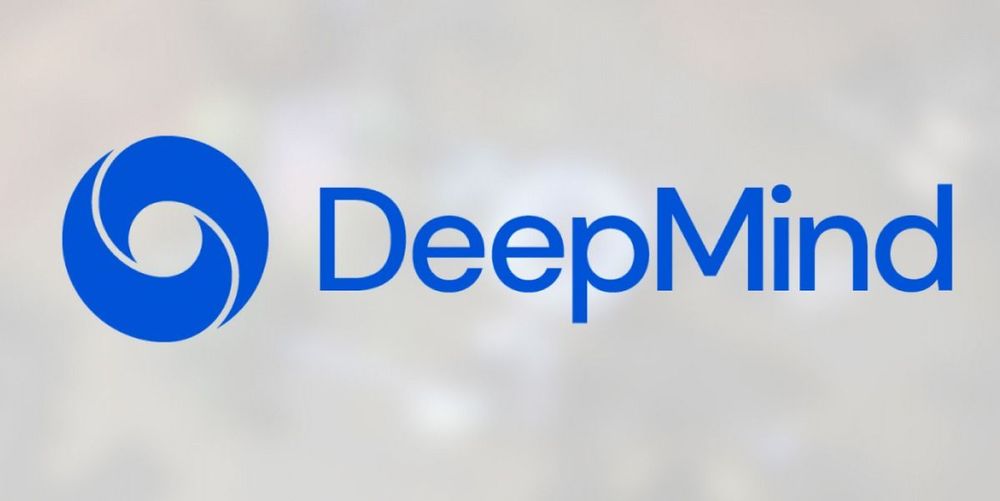Aug 3, 2020
DeepMind releases Acme, a distributed framework for reinforcement learning algorithm development
Posted by Quinn Sena in categories: information science, robotics/AI, transportation
DeepMind this week released Acme, a framework intended to simplify the development of reinforcement learning algorithms by enabling AI-driven agents to run at various scales of execution. According to the engineers and researchers behind Acme, who coauthored a technical paper on the work, it can be used to create agents with greater parallelization than in previous approaches.
Reinforcement learning involves agents that interact with an environment to generate their own training data, and it’s led to breakthroughs in fields from video games and robotics to self-driving robo-taxis. Recent advances are partly attributable to increases in the amount of training data used, which has motivated the design of systems where agents interact with instances of an environment to quickly accumulate experience. This scaling from single-process prototypes of algorithms to distributed systems often requires a reimplementation of the agents in question, DeepMind asserts, which is where the Acme framework comes in.


















